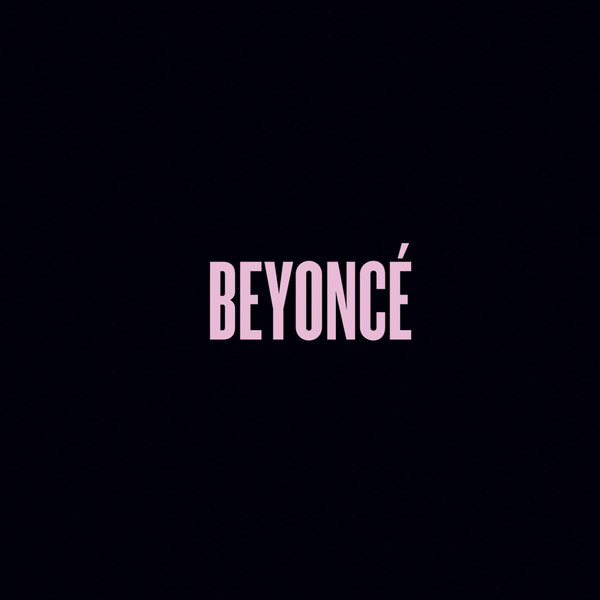
Beyonce Giselle Knowles has come an extremely long way since 90s R&B girl group, Destiny’s Child. After a 10-year solo career and 17 Grammys, and in the midst of the mid-December holiday craze, Beyonce surprised the world by dropping her self-titled fifth album, “Beyonce.” With absolutely no public promotion surrounding the album, Beyonce is a master at the humblebrag. She is probably the only person — I mean, queen of pop and R&B — who is able to drop a successful product into the crowded music marketplace without any sort of elaborate promotional campaigns like those held by Miley Cyrus, Lady Gaga and Katy Perry.
In an interview with Rolling Stone, Beyonce calls herself a “modern-day feminist.” This sentiment shows as “Beyonce” clearly explores far darker themes than her previous albums. As a “visual album,” Beyonce states that to fully comprehend the work, one must watch all the accompanying music videos. A majority of the music videos, like “Pretty Hurts” and “Flawless,” were like artful short films. Others, such as “Jealous,” seemed extraneous and unnecessary.
The first song, “Pretty Hurts,” is a heart-wrenchingly beautiful piece that expresses Beyonce’s feminist side as she explores how our modern culture views women through our twisted standards of beauty. The opening sequence starts with Beyonce staring straight at the camera, as if the audience could tell her the secret to achieving true beauty in our subjective society. It jumps to her standing on stage at a beauty pageant, which is probably one of the most judgmental spotlights. The music cuts in as Beyonce recites, “Mama said, ‘You’re a pretty girl / What’s in your head, it doesn’t matter,’” stating that everyone thinks poorly of themselves, but it’s only in their heads. Beyonce continues to explain our culture of ridiculous standards when she states that, “Vogue says thinner is better,” and that “Pretty hurts, we shine the light on whatever’s worse / Perfection is a disease of a nation.” Beyonce ends this piece by asking her fans, “When you’re alone all by yourself / Reflection stares right into you / Are you happy with yourself?”
Beyonce continues to explain the issues women face on a daily basis in our misogynistic society in “Jealous.” She beckons for her man when she croons, “I cooked this meal for you naked / So where the hell you at … I wish you were me / So you could feel this feeling.” Beyonce wishes her significant other would be able to step into her shoes to see what it’s like to be a woman in our world. To further this point, Beyonce sings, “Sometimes I want to walk in your shoes / Do the type of things that I never ever do,” where she explains that she wants to be able to do the same things and have the same freedoms many men are unequally afforded in relationships when compared to women.
The climax of the album is “Flawless.” Beyonce opens by telling her listeners to “Bow down bitches,” as she sets the spotlight on spoken word artist Chimamanda Ngozi Adichie, who speaks on our perverse society and the need for feminism. Adichie states that, “We say to girls: You can have ambition, but not too much / You should aim to be successful, but not too successful / Otherwise, you will threaten the man,” harkening back to the motto, “Behind every great man, there is a great woman.” Adichie critiques the idea that girls can be great, but they will always be behind a man, never able to aspire for more. The truth of our sexist society is continually exposed in Adichie’s monologue, especially when she states that we “teach girls that they cannot be sexual beings in the way that boys are.” She exposes the one-sidedness of our civilization, where women are supposed to be prudish and have as few sexual partners as possible, whereas men are deemed heroes at times for having as many partners as possible.
Aside from the element of surprise, “Beyonce” provides a true musical experience from the beginning of the album all the way to the end. It is an expansive record that lyrically and thematically ties together, unlike many contemporary artists who don’t create records with the whole album in mind, and instead produce only a small handful of quality songs on the track listing. Beyonce’s trademark vocals are perfectly executed, especially when she sings a short acapella sequence in the middle of “Pretty Hurts” after she is asked to showcase her talents at the beauty pageant. And above all, her agenda to highlight the cultural inequalities imposed upon women in our society is strongly heard — and seen — throughout the album.
Rating: 5 stars








